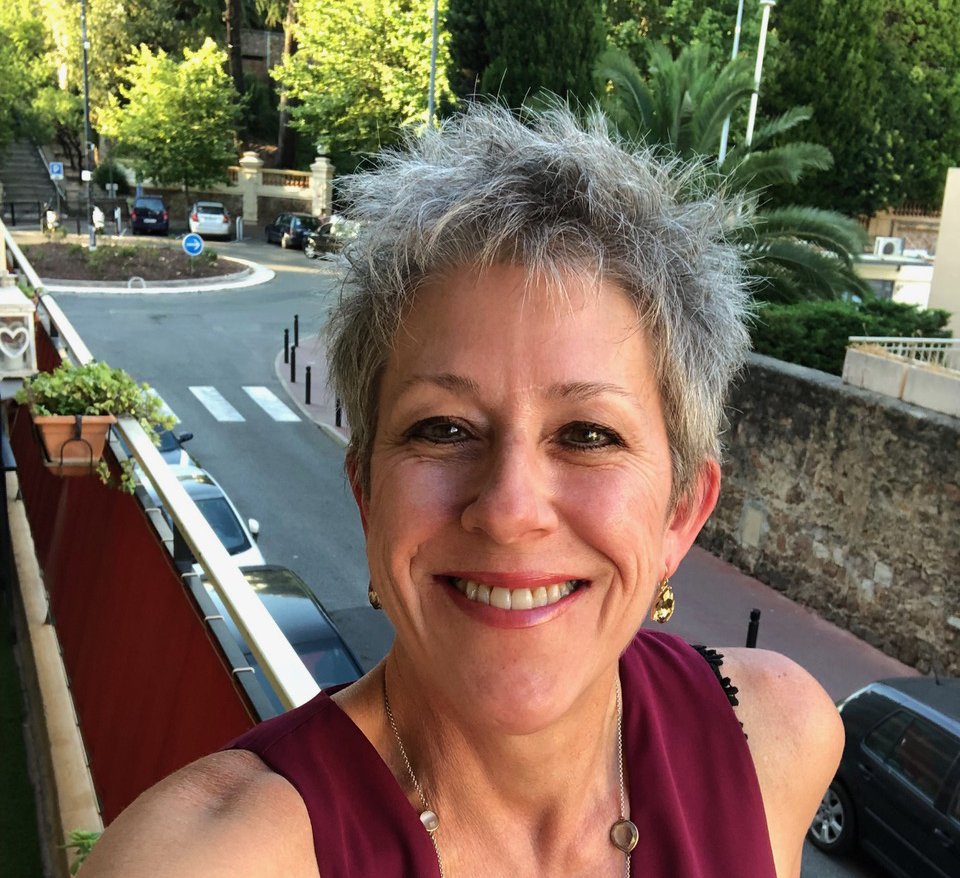At my last agency, my boss wanted me to dye my grey hair. I would not. Instead, I left and started my own company. I’ll give him this: at least he was forthright with his ageism.
News anchor Lisa LaFlamme did not benefit from that same honesty. She was unceremoniously turfed by CTV at age 58 last week and replaced as anchor of one the country’s most popular newscasts. Among the reports to surface since then is one detailing behind-the-scenes chuntering by a new Bell Media executive about her decision to let her hair go grey during COVID-19, flanked by ludicrous muttering about an odd “purple halo” her silver hair allegedly created under studio lighting.
Lloyd Robertson and his grey hair, by comparison, retired at age 77 with a glowing send-off.
To be clear, there’s currently no way of knowing whether hair colour was the sole reason LaFlamme was let go. The same executive who pointed out LaFlamme’s grey hair was, in other reports, also said to have clashed with the anchor over how many resources were being devoted to important news stories, and a plan to move one of her producers to another network. But a male executive bristling when a woman several years his senior pushed back against his decisions isn’t a great defense against sexism or ageism
The reason the grey hair comment has gotten the most attention in the week following LaFlamme’s firing seems to be because of how many people recognize the toxic confluence of ageism and sexism at play. It is the firing that was heard around the world, with coverage by every major media outlet – as it should be. Workplace ageism is one of the most insidious issues women face, particularly in the ad and media world.
Hair follicles do not dictate intelligence, talent or ability – unless, it seems, you are a woman. You will have a “best before” date that much precedes that of men and get paid less. Men get to play by different rules: their wrinkles and grey hair project knowledge, wisdom and experience. Ours? Not so much.
Many professions equate age with skill and wisdom. Advertising and media equates it with irrelevance.
In 2020, WPP’s Mark Read crowed about his agency network’s average age being less than 30. He smugly announced that they “don’t hark back to the 80s.” He was forced to walk back his boast in the wake of outrage, yet there he is speaking on the stage at Cannes Lions in 2022.
In this business, we love to talk about diversity and inclusion. We hold panels, conduct seminars and arrange conferences, with actual actions amounting to little more than wringing our hands. But rarely included is ageism, despite how it comes into play with other forms of exclusion.
So how do we shatter this ultimate echo chamber?
Clearly, we need more women in positions of power. It’s only by taking the reins at the top that we’ll change the rules of engagement and create healthier corporate cultures. I’d like to see more women start their own businesses and provide the thoughtful inclusive leadership so lacking in the world right now. We need to fiercely support other women and be vocally outraged on their behalf when required.
From a cultural standpoint, are we being complicit? Are we too focused on playing the game instead of changing the rules?
In social circles and boardrooms that I observe, there are very few older women who don’t dye their hair. Almost none. And that is their choice, but the choice not to also shouldn’t be held against anyone. As one of my clients – a very funny, smart woman – asserted to me this week, “Grey hair should not be like that Seinfeld episode about wearing track pants. It doesn’t mean you’ve given up.”
Beauty and relevance come in every age and hair colour, and that should include grey. Even Dove jumped in on that one with its “#KeepTheGrey” social response, and Wendy’s declared that “a star is still a star regardless of hair colour.”
From the viewpoint of this woman, it’s more of the same. Just like the striking down of Roe v. Wade, it’s yet one more signal to the world that women have decreasing agency, especially if they are older. They don’t really count. Power, voice, decision-making and bodily autonomy are being tugged away from us every day in a myriad of ways, big and small. If we turn away, we risk being rendered invisible by a bloom of misogyny and ageism.
So, I say we fight. Every chance we get.
And if it starts with keeping the silver hair, count me in.
Karen Howe is founder of The Township Group and a Canadian Cannes Advisory Board Member.
[Ed. note: Thus far, Bell Media has not directly commented on reports surrounding the reasons for LaFlamme's departure, beyond saying that it was "committed to a safe, inclusive and respectful work environment for all our employees, devoid of any toxic behaviour” when it announced an independent review of its workplace culture last week.]

